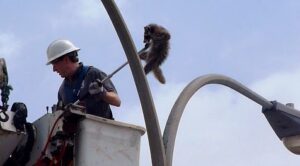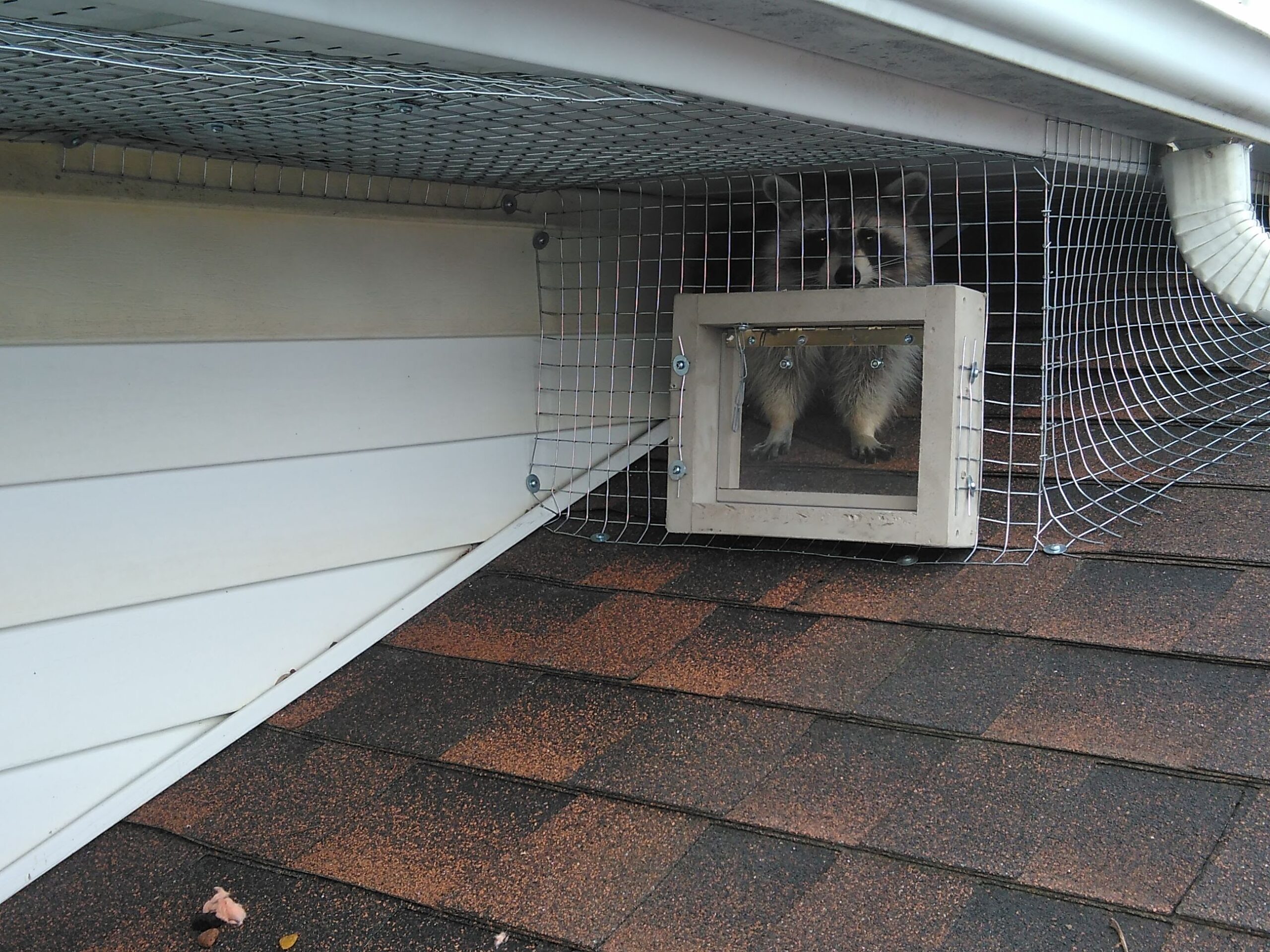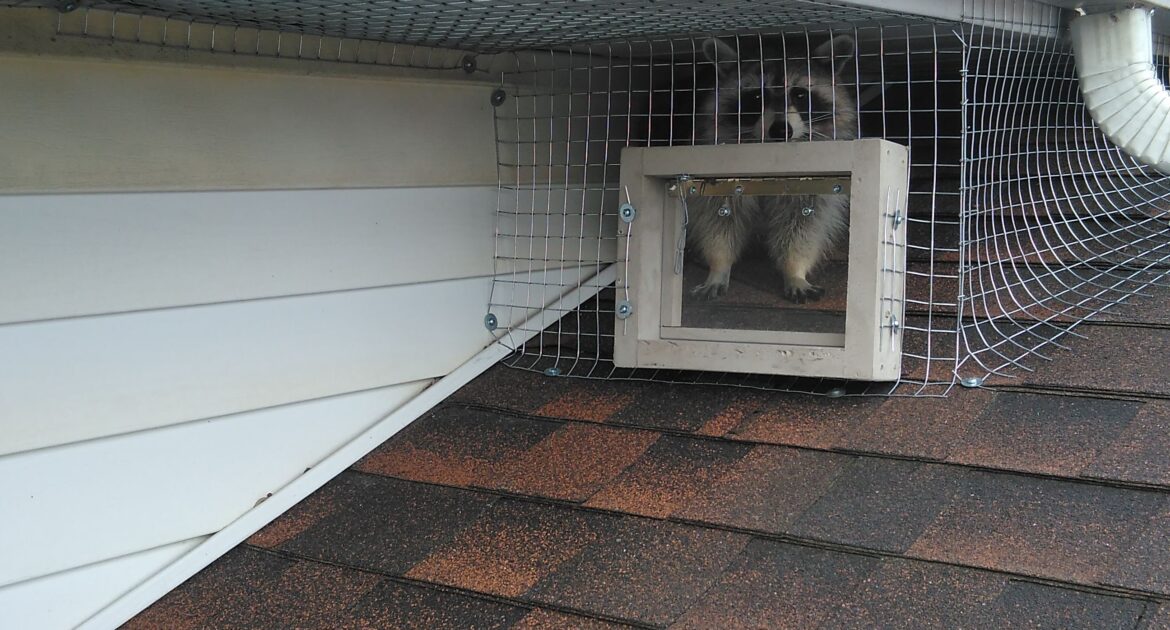Even though winter in Port Coquitlam is relatively mild, with little to no snow, colder temperatures can still take a toll on wild animals. Raccoons are known for being highly adaptive. Their preparations for winter may bring them in closer contact with residents of the Coquitlam area, in which case they may require professional raccoon removal.
Do Raccoons Hibernate in the Winter?
Raccoons do not exactly hibernate during the winter, but they do enter a state of decreased activity called torpor. A raccoon in torpor experiences slower metabolic activity, a decreased breathing rate, and goes into a deep sleep for weeks to months at a time.
Some scientists consider torpor to be a mild form of hibernation, while others consider it to be an entirely separate state. The difference between the two is that a hibernating animal stays asleep until spring, while an animal in torpor can be awakened by warm temperatures even before winter is over, only to go back to sleep when temperatures cool down again. A raccoon that wakes up from torpor due to a temporary warm-up typically takes the opportunity to forage for whatever food may be available.
What Do Raccoons Eat in the Winter?
Because of the metabolic slowdown that occurs when a raccoon enters torpor, it doesn’t have to eat as much during the winter. As the temperatures start decreasing in the fall, raccoons start increasing their dietary intake to build up fat stores. Their bodies then start metabolizing these fat stores during the winter to sustain them while they are in torpor. One of the reasons that raccoons go into torpor is because food sources become scarcer during the winter.
Nevertheless, raccoons are better able to withstand food scarcity than some other animals. Raccoons are omnivores and will eat whatever food they can find. On warm days when raccoons emerge temporarily from torpor, they will eat whatever is readily available. In a community like Coquitlam where winters are mild, they may have more success than in areas that get heavy snow. Nevertheless, urban raccoons have adapted to live close to humans and may specifically seek out trash cans for food scraps.
Why Do Raccoons Make Dens?
Because raccoons remain in torpor for weeks at a time, they need to find a place to sleep that will keep them warm and prevent predators from attacking them. Attics, sheds and garages provide the perfect shelter raccoons are looking for. Raccoon mating season also begins in late winter. Male raccoons do not help with raising the babies, but the female raccoons will need a den to give birth to offspring and provide a safe place for them to hide while Mom is foraging for food.

Where Do Raccoons Make Dens?
Raccoons make winter dens in warm places that provide shelter from the cold and protection from predators. In the wild, that often means up in a tree. Nevertheless, urban raccoons may seek out shelter specifically in human habitations, especially in the attic. Not only does it provide protection from predators, but it is also warmer than any outdoor den site. Raccoons instinctively seek to build den sites high off the ground, which is why they often wind up in the attic. However, they may also crawl into the house wherever they can get access and make a den.
Raccoons may also make a den in your house because it provides easy access to garbage cans, which are like a free buffet for a raccoon.
Why Should You Call Skedaddle for Raccoon Removal in Coquitlam?
Our technicians remove raccoons without causing harm to the animals, and make sure the mother can reunite with her babies on the outside of the home. Raccoons maintain several den sites in a community and, having been excluded from one, they can relocate to another. Skedaddle also provides cleaning services to ensure your home is safe after the raccoons have vacated the property. Learn about the removal process in more detail.




